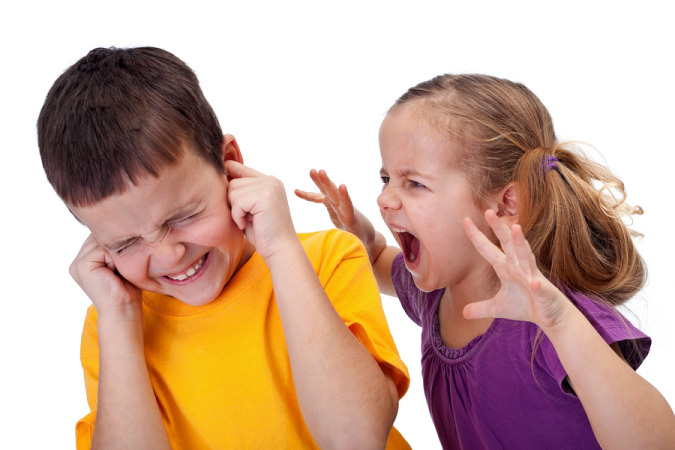When you have one child you become a parent. When you have two (or three or four….) you become a referee!
(Not sure who said this, but they definitely must have had more than one)
I have often heard parents say ‘it would be fine if I only had one (or two or three – usually one less than they have) child……’
It is usually the constant bickering or outright war between siblings that can trigger an outburst from us or see us trying (‘trying’ usually being the word) to settle fights. He/She……
- started it
- took my………
- hit me
- is annoying me
- looked at me funny
Sound familar? Perhaps it might help to know
- Just because they are in the same family it dosn’t mean siblings have to always ‘like’ each other.
- We are born with our own temperament or unique style. It is amazing that in families where there are the same parents and (essentially) same upbringing, there is usually a very diverse mix. There can be the peace maker, the dynamic firey one (often referred to as the dynamo or tyrant) or the sensitive one.
- They will fall in and out of favour with each other as they grow and dynamics shift. Often it is just a stage.
- It is with siblings that children can learn about dynamics and how to navigate them.
So what might help?
- Find out what their triggers are so you can pre-empt and avoid conflict where possible. For example, everyone having the opportunity to pick their programme or having an established ‘rule’ around who goes in the front seat of the car if all travelling together.(When they are younger this does not apply but when they get older and bigger it has been the scene of many a battle!)
- Find out what your triggers are. One mum discovered (through reflecting on incidents from the past) that whenever she heard the squeal of the youngest child, she would come thundering in on the scene and immediately give out to the others for upsetting or fighting with the ‘little’ one. The little one had caught onto that and had used it as a way of getting what they wanted if things were not going their way. Sound familiar?
- One piece of advice is not to get involved unless there is blood. Bit extreme but the idea is keep a watchful eye without getting involved if there is no danger of bodily harm.
- Where necessary, seperate them until they calm down and always try to have a discussion afterwards about what happend and why – with an emphasis on all involved recognising what they could do in the event of it happening again.
- Have rules around name calling, language etc. The agreed consequences can be applied to ensure that one sibling with a stronger temperament does not overpower another on an ongoing basis.
- Make a point of giving them all one to one time (either each day or week as time and rountine allows).
- Remember that they will do as you do and not as you say. What are you modelling for them?
‘The Rule of Sibs: If your sibling gets something you want, you
(1) try to take it (2) break it or (3) say it’s no good’
Patricia Fleming
I would love to hear from you. If you have any thoughts, stories feedback or ideas you would like to share, please forward them to me at marian@theparentcoach.ie

